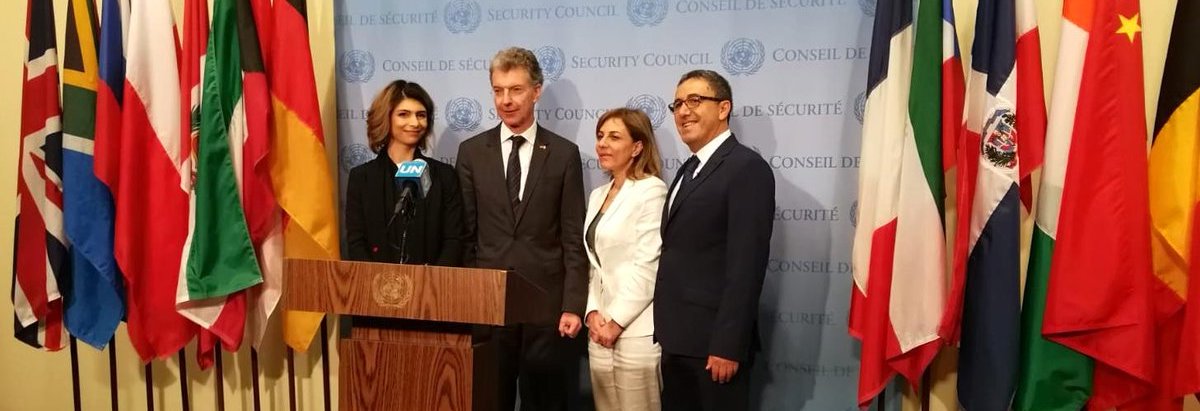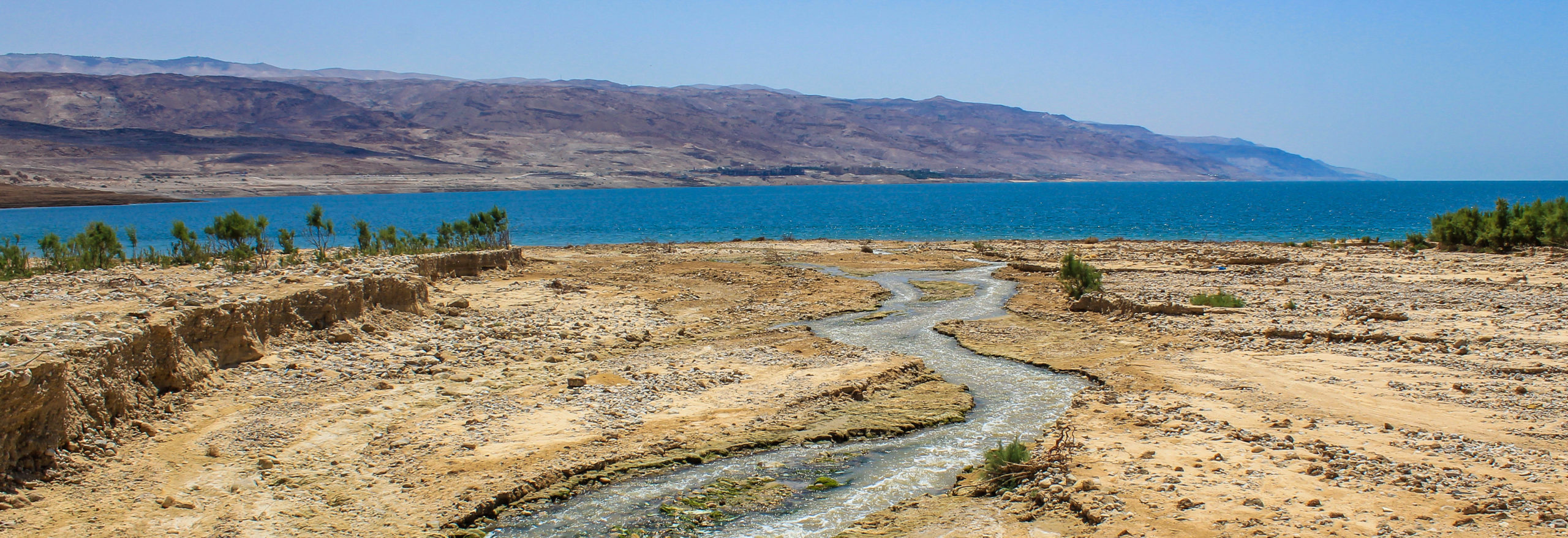By: Marc Yaggi, June 21, 2021
Waterkeeper Alliance isn’t a movement that just identifies problems; we also solve them. And that’s what Waterkeepers around the world are doing in the face of climate change — growing oysters in Hawaii, preserving carbon sinks in Cambodia, restoring mangroves in Vietnam, stopping fossil fuel infrastructure projects in the U.S. Pacific Northwest, and addressing water security in Southern California.
In a movement of problem solvers, EcoPeace Middle East, home to the three Jordan River Waterkeeper groups in Israel, Jordan, and Palestine, is pursuing a plan so visionary and audacious that it offers all of us a paradigm for tackling climate change.

The proposal, which they call the water-energy nexus, takes on nothing less than peace, energy, and water in a region where all are in short supply. It’s premised on the idea that, faced with a climate disaster that threatens everyone, leaders may reach for the type of brave solutions they’d otherwise ignore.
The idea: Parched Jordan has plenty of uninhabited desert and land that gets 320 days of sunlight a year, but it faces grave water shortages and has very little access to the sea. Densely inhabited Israel and Palestine don’t have much land for large-scale renewable projects, but they do have access to the sea. Investments in capturing solar power in Jordan that can run new energy-intensive desalination plants — plants that have other environmental impacts — in Israel and Palestine would allow Israel and Palestine to buy renewable energy from Jordan, and sell water back to Jordan.

Each party would have something to sell — and something essential it needs to buy from its neighbor.
A 2017 pre-feasibility study found that by 2030, with an expected population of nearly 30 million people, the region will need an additional 574 million cubic meters of water annually just to maintain current levels of domestic consumption. The study found multiple win-win scenarios for the region, including, among others: water security and revenue generation (3%-4% GDP) for Jordan; diversifying energy sources for Palestine and reducing its reliance on Israel for fossil fuel in; and diversifying energy sources and promoting regional stability for Israel. The study concluded that the water-energy nexus idea had enough merit to warrant further study.
EcoPeace is the only trilateral organization in the region with Israelis, Jordanians, and Palestinians working together, with three co-directors, one in Tel Aviv, one in Amman, and one in Ramallah, each of whom serves as the Jordan River Waterkeeper for each of their countries. Almost every member of its 50-person staff has a counterpart in the other two locations. A 26-year-old group, it became a member of Waterkeeper Alliance in 2019.

The organization’s mission is to build shared water resources in a region beset by conflict. To do this, the organization has grown a cadre of unlikely allies. It arranged for Jordanian, Palestinian, and Israeli mayors to join hands and jump into the Jordan River together. It enlisted schoolchildren to interview their grandparents about the Jordan River of their youth. It convinced academics to follow the trails of animals to avoid land mines and create an unassailable study of the river’s flows.
Nada Majdalani, who has a master’s degree in environmental assessment and management from the U.K., has been the Palestinian co-director since 2017. Yana Abu Taleb, who has a degree in archeology, has been the Jordanian co-director since 2018. Gidon Bromberg, an environmental lawyer who co-founded EcoPeace, has been the Israeli co-director for 26 years.
Bromberg says the thought behind the water-energy nexus is to “turn a good idea into something that is bankable.”

Bromberg compares the EcoPeace plan to a similar agreement that helped lock in peace in Europe six years after the end of World War II. In 1951, six European countries agreed to jointly regulate coal and steel production, forming a compact that became a precursor to the European Union.
The French foreign minister at the time, Robert Schuman, saw the European Coal and Steel Community as a bulwark against renewed conflict, especially between historic enemies France and Germany, saying the accord would make war “not merely unthinkable, but materially impossible.”
“World peace cannot be safeguarded without the making of creative efforts proportionate to the dangers which threaten it,” Schuman said.
The same can be said of the climate. It’s time for audacious and creative solutions, solutions that are proportionate to the threats we all face.
As one Middle Eastern peace activist said: “We in social change are viewed as naive. But the reality is the opposite. The status quo is naive because it fails to confront the reality that these strategies have been given ample time to work, and they have failed, so it’s naive to think they will. It’s actually much more realistic to assume they will not and other strategies — new strategies — may work.”
The EcoPeace plan is big, bold, and expensive. And I hope we see more such plans in the coming years — plans that acknowledge the magnitude of the challenges we face, and the amount of cooperative labor, investment, imagination, and audacity that we’ll all have to deploy to meet those challenges.
To clean water,
Marc Yaggi
Executive Director
(Sources: Waterkeeper Alliance)












Đăng nhận xét